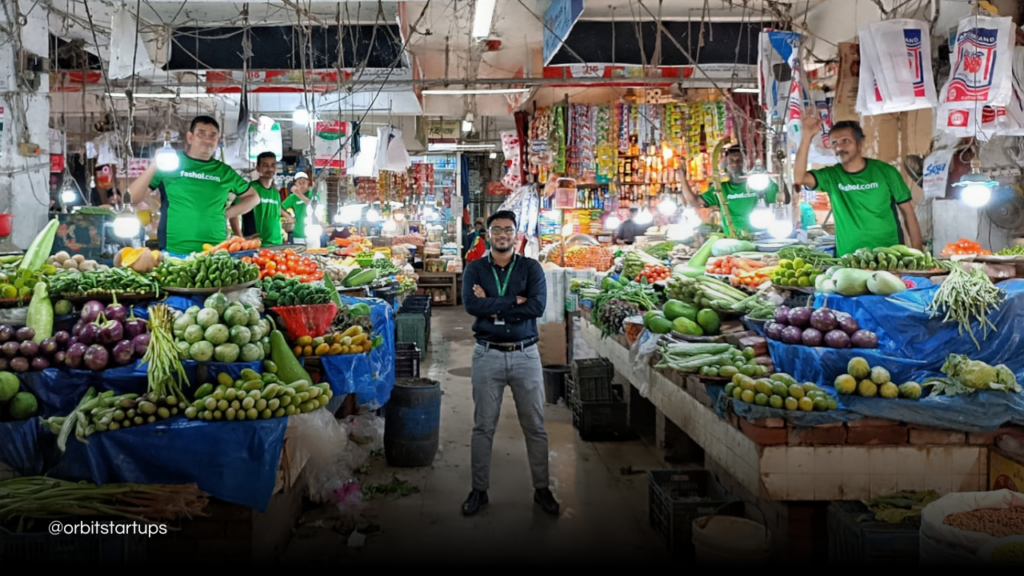In Bangladesh, nearly half of the population relies on agriculture for their livelihoods, with 70% of the country’s land dedicated to crop production. Despite this, the sector faces a fragmented supply chain that has deterred significant foreign investment. Post-harvest losses for fruits and vegetables can reach up to 40%, leading to consumer prices that are more than double what farmers receive.

The traditional agricultural supply chain is riddled with inefficiencies. Wholesalers, acting as intermediaries, pay farmers minimal prices while charging retailers exorbitant rates. As a result, farmers often sell their produce at a loss, and retailers face a convoluted buying process that begins in the early hours of the morning. They must purchase from wholesale markets between 1 am and 6 am and then arrange transportation, often dealing with the mismatch between the quantity bought and the minimum capacity of transport vehicles, leading to further financial losses.
Fashol (Orbit 2023), a Dhaka-based startup founded in 2020, aims to address these issues by digitizing the agriculture supply chain and connecting farmers directly with retailers. The platform eliminates the need for intermediaries, delivering produce directly to retailers’ shops each morning. This model not only simplifies the buying process for retailers but also helps stabilize food prices and reduce waste.
Sakib Hossain, CEO of Fashol, underscores the platform’s impact during adverse weather conditions when the conventional supply chain faltered. “There was a small market with 20 shops, and only one retailer was using Fashol. When heavy rains disrupted the wholesale market, this single retailer was the only one able to access produce. The other retailers quickly realized the value of our platform,” says Hossain.
The vision for Fashol extends beyond Bangladesh’s borders. Co-founders Sakib Hossain and Numair Hussain have already begun to scale the model globally, starting with exports to the UAE. “We want to help the country through this process. For the next one and half to two years, we’ll concentrate on expanding our export footprint. Our ambition is to build a global marketplace where orders can seamlessly flow between countries, not just from Bangladesh to UAE but also between other markets like UAE to Pakistan. We’re taking it one step at a time,” says Hossain.
Fashol’s innovative approach is setting a new standard for how agriculture can evolve through digitalization. It also demonstrates how digitalization can enhance transparency and efficiency in a sector crucial to both national and global economies. By empowering farmers with fair pricing and providing retailers with streamlined access to produce, Fashol is not only transforming Bangladesh’s agricultural landscape but also paving the way for a more connected and sustainable future in global agribusiness.
